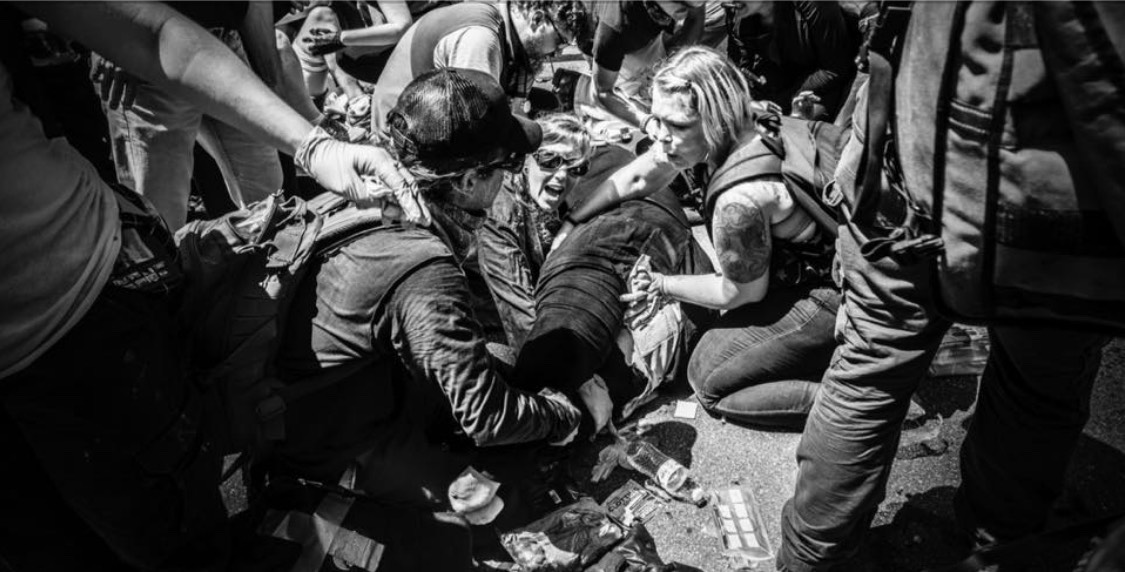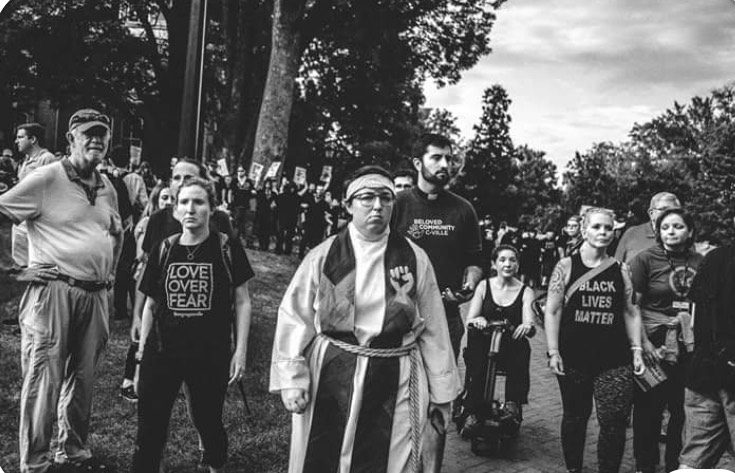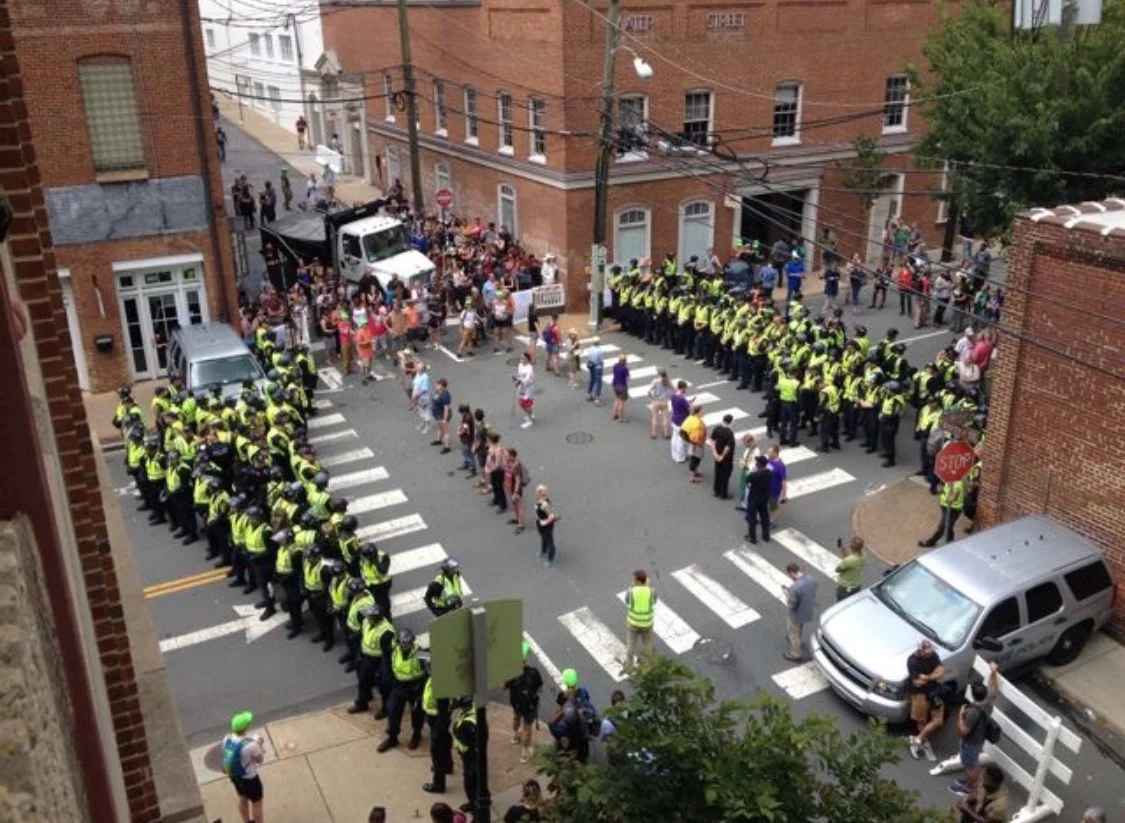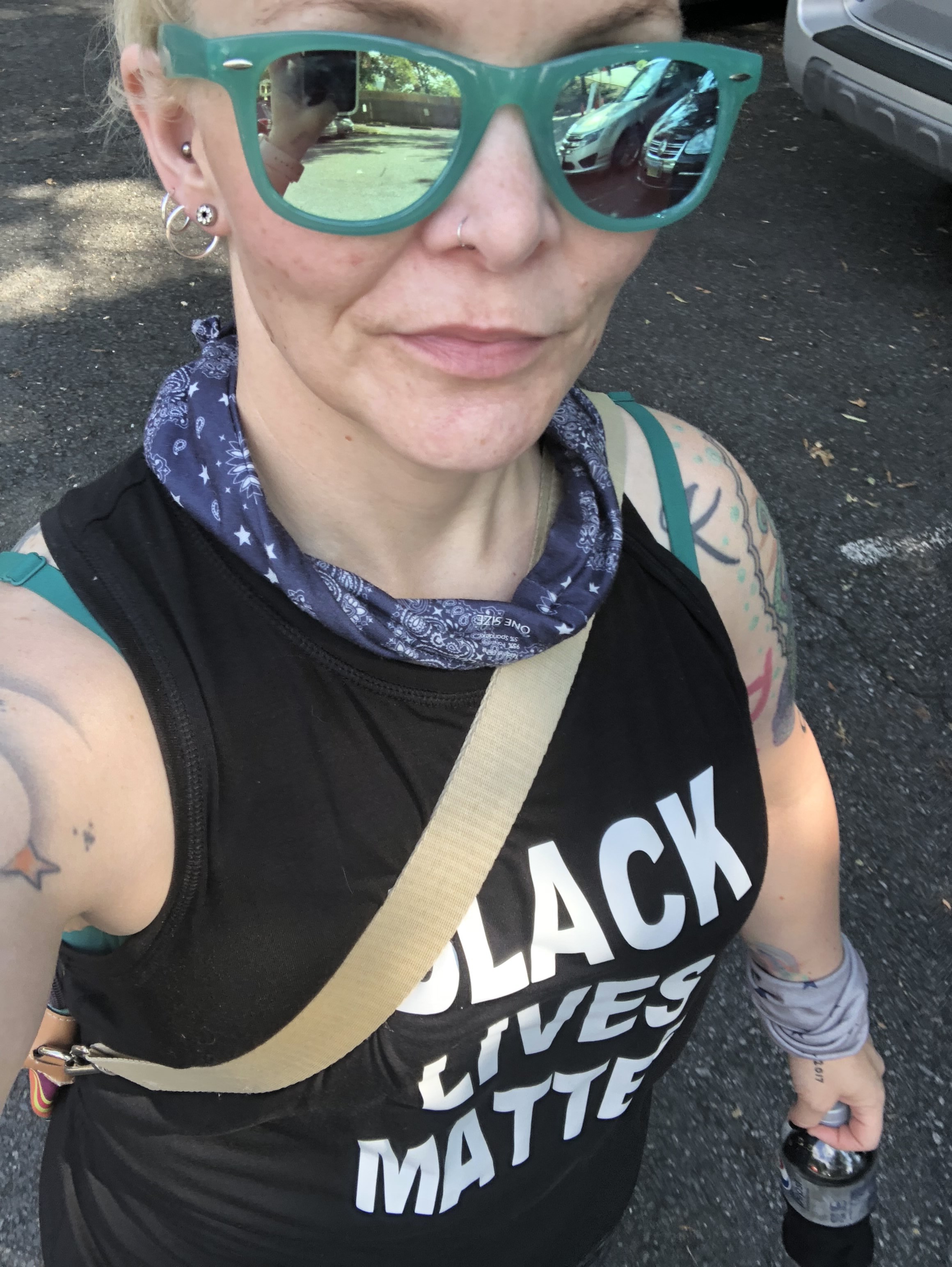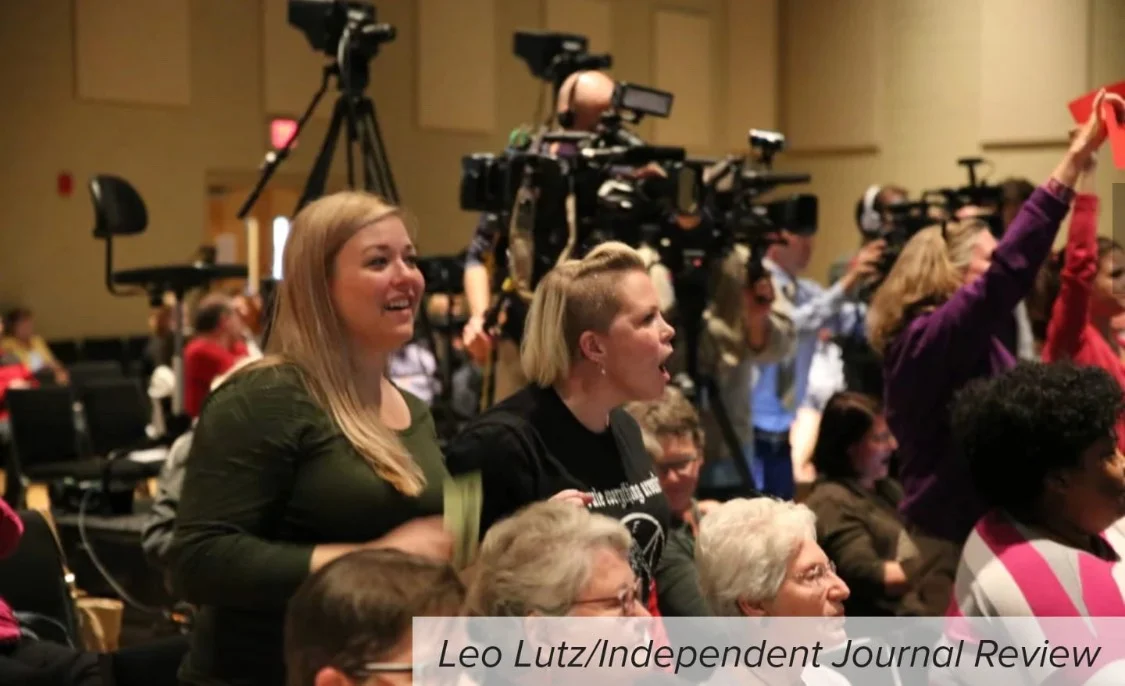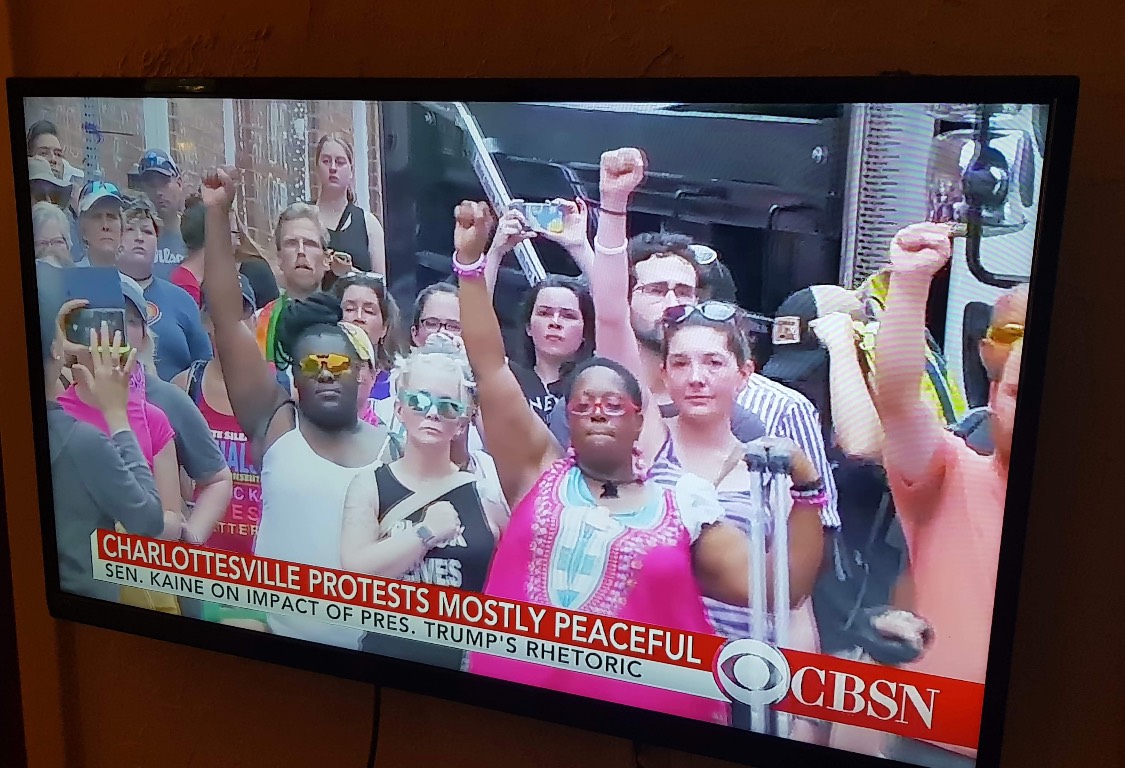Who is Kasey Landrum?
Kasey was born in 1978 in Chehalis, Washington, and moved to Ketchikan, Alaska at six months old with her Father - a blue-collar logger/miner, and mother - a registered nurse. After her parents divorced, Kasey was raised alongside her sister and brother by her single mother Geri. Kasey graduated from Ketchikan High School (Kayhi) in 1996, completed a BA in sociology/social work from Seattle University in 2000, and a secondary post-baccalaureate degree in human resources in 2008 from University of Richmond. Kasey has been working in HIV-related services or over 20 years as a street outreach worker, HIV test counselor, and most recently a Ryan White Case Manager for an infectious disease clinic. Kasey is recently divorced, relocating back to Ketchikan to regroup and is living that solo life. Kasey identifies as white with Irish ancestry and is a progressive liberal. Kasey was raised Catholic, but is agnostic - because science! But her "spiritual side" lies mostly in her connection to the beauty of humanity. Kasey identifies as a cisgender woman and until recently, was married to a cisgender male for 18 years; she accepts love in whatever form it presents itself. Kasey belongs to Richmond and Charlottesville-based activist groups combatting racism, white supremacy, and dismantling monuments to white supremacy and other structures of evil. She's helped establish and build the local Indivisible Richmond chapter and seeks to support organizations and actions led by communities of color. Kasey is a nerd for cinema and can be found scouring the internet for film posters to hang in her far too tiny space. She became involved in the Facing Whiteness project to continue to challenge herself - she believes in order to fight white supremacy and dismantle institutions of evil, white people must examine how they participate in and are effected by it. In participating, Kasey hopes she will also encourage other white folk to have honest and painful conversations about how they move through space with privilege, protection, and power and how these tools of privilege can be used to benefit and lift voices of marginalized communities. Kasey views herself as a work in progress.
Excerpt from interview with Kasey Landrum by Whitney Dow, 2018
Q: You got a little emotional earlier, what was driving that? Was it the talk about work, was it talk about your own narrative? I wasn’t sure where that emotion came from.
Landrum: [11:20:15] I get really emotional, really easily. My emotions come from a place of— doing what we do in HIV work, you really see how marginalized communities get fucked. Fucked, on so many levels. Our medications are made so expensively, and they’re made for people to have access. Who has access in this country, A select few. That’s where my emotions come from, is that I’m like, God, fuck, we’ve got to be better than this. [crying] That’s what drives me in the work that I do professionally, it feels like sometimes we’re ramming our head against the wall trying to help people. Because even very basically, to get people medications, whether it’s communities of color, or low-income people, oftentimes that can intersect. It’s fucking hard and the structures that we’ve set up that are barriers to care for people, are unreal.
To think that people who don’t feel heard and then come into a situation where they’re trying to fight for their lives. Whether it be in their community or for their healthcare, that we’ve set up structures that are overwhelming. As a professional who knows how to navigate them, I am overwhelmed day-to-day with how hard it is to get my clients help. Imagine trying to tackle that on your own, without somebody to help navigate through the systems, it’s unreal. That’s where I think my emotions come from, a sense of frustration, helplessness, and that’s coming from somebody who knows I can wield a little bit more power. And I still feel fucking lost, so that’s where it comes from. We’re the most powerful nation in the world—well we were—the most respected, most powerful nation in the world, and we are failing our people. All of our people, whether they’re communities of color, or women, or low-income people, we’re fucking failing.
My emotions come from wanting that to be better. There’s absolutely no reason for this level of bullshit, it’s strictly set up to make people fail, because a small percentage of people want to be able to be happy and swimming in an amount of money that’s absurd. Because of that and because we want our institutions like the pharma [pharmaceutical] industry, or banks, or oil or whatever – we want them to stay happy, and healthy, and wealthy – we’re willing to give it all up for those people. Politicians sell themselves out so that they can—and they have so much talk about making it easy for people. It’s just not easy and we continue to do it, so that’s where my emotions come from. It’s just a sense of frustration that, even when you’re actively in the community doing good work, it feels like you’re just fucking ramming your head against a wall. And it’s overwhelming but I’ve got to do it. So that’s why I get sad. We’ve got to be better than this.
Interview Transcript
Participant-Submitted Photos



